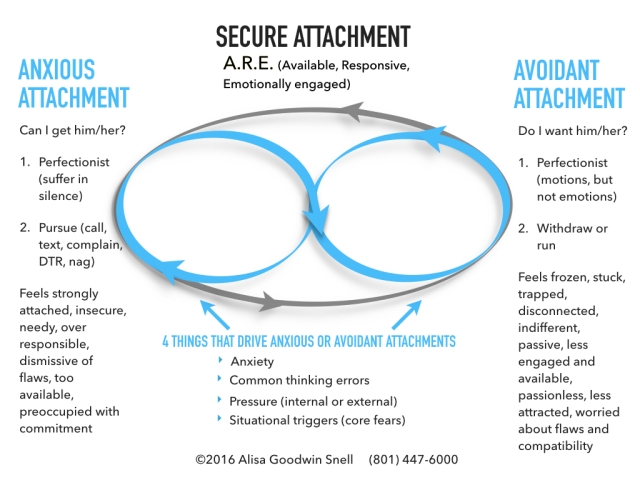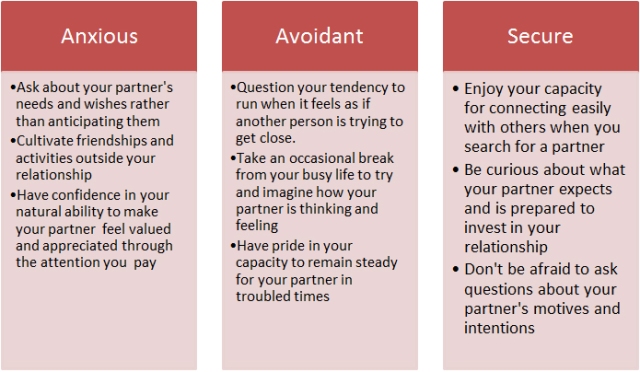Before Christmas I met a man at a party. Shortly after we started talking a man came up and was introduced as his boyfriend. I was a little disappointed as I had found him attractive, but that was that. We did swap numbers and stayed in touch a little, then a month ago we were chatting again and he said he had been single for a few months and we met for tea and a chat. I felt we had got on well and was already imagining the possibilities of dating. We were going to meet for dinner but he had to cancel due to being ill. Then he invited me to an event he was running and we arranged to meet early to have dinner. All good, or so I thought.
I arrived, we chatted, then he mentioned that his ex was going to be there that night…..and that they are dating again. Suddenly all of my assumptions about what might be happening fell apart. In an agonising moment it became very clear that my hopes that he might be interested in dating were nothing but my own imaginings. Some of you will have read the emails I wrote on Attachment theory, one of the things that came out from that book was how anxiously attached people tend to build castles in the air, creating an idea of what might be happening before there is any real evidence – telling their friends about the amazing person they have just met and how great the chemistry is, and how they just know they’ve met ‘the one’ they have been waiting for….only to have to tell the same friends a few weeks latter that it has gone nowhere and the other person actually wasn’t even interested!
The scripts we live by
What happened in the seconds after he told me he was dating again was intense. I felt sad, foolish, and felt I could say nothing to him at all. I even wondered for a moment if he had known how I felt and was just brushing it aside by telling me he was dating again and for a moment I felt a quiet rage. In those few seconds as I checked in with myself I could see an habitual pattern at work: the old scripts that say “hold your pain”, “don’t burden someone else with it”, “just stay quiet and don’t make a fuss”. Then I considered if this was really what I wanted – an evening where I would sit without really saying how I felt. At this point he said “Anyway, how are you?” as a way of continuing the conversation. I paused a moment knowing I could either have a general conversation about work and things going on in my life, or be honest about how I felt in that moment. I then said “I feel a bit sad to be honest, I had been hoping this might be a date!”. In my head saying this would lead to the sky falling in, but the sky did not fall down.
He did not crumple under the weight of my disappointment. Instead we had a great conversation where he was able to say he had not seen me as someone to date – he saw me as a friend, and someone he wanted to turn to for advice and support, but with no idea that I might feel any other way. As we continued to speak easily I could let go of my feeling that I had to protect the other from the intensity of my feelings. I remember this feeling as a child, holding back from telling my mother if I was upset, not wanting to burden her with things, feeling I should look after her. I’ve sometimes told her as an adult things I never said as a child and she is always a little sad and bemused why I never told her, as she would have wanted to help or support, but I had made it my rule that I was not to worry her. It was unhealthy then for me as a child, and works no better for me now as an adult! It creates relationships where I seek to look after and protect the other but sacrifice myself for their good, finally becoming resentful of them and leaving, or realising that I am only with them because they have triggered my rescuer mode.
This experience shows a few things. One, that I have read too much Jane Austin, where romantic desire is conveyed in subtle linguistic clues hidden in seemingly banal conversation! A text saying “I could have talked with you for hours” after our first tea and chat being read as him saying much more than just I enjoyed the conversation! As we talked I was able to say that I am so inexperienced in dating that I do not know how to express my feelings to someone so that they might know that I am interested. As we talked with an ease and openness that my fearful voice had told me would be destroyed by being honest about my feelings it also showed that I do not have be trapped by old scripts. The script that says “do not say what you are feeling, it will be too much for the other to hold”, was replaced by an experience of saying how I felt and having it met by the other in an adult and honest conversation.


Mindfulness practice does not make us super human – infallible and all wise. Even after years of practice we still have our basic conditioning and personality. Some people have a personality and set of self -beliefs that serve them well – those who show up as ‘secure’ in attachment theory. Others have a set of self beliefs that incline them towards avoidance or anxious attachment. People with avoidant attachment styles feel that others will overwhelm them and need to be kept at a distance, so will give mixed messages – opening to connection but then keeping you at a distance. People with anxious attachment styles tend to worry that they are not good enough and will always be seen though and rejected, and so try to be supper good and amenable to others while having an unspoken addenda – which can be felt by the other as being manipulative and needy as desires are not expressed but silently implied and when not met there can be a silent rage at the other for not sensing what one wanted from them! What mindfulness can do is give a foundation of awareness to notice these belief systems at work and to question them.
Thoughts are not facts
In the 8 week mindfulness course there’s a saying “thoughts are not facts”. Learning to challenge these automatic ways of thinking and experiencing the world as it is rather than how I think it is offers a chance to make new choices. In this instance I saw the habitual thought process at work: “don’t say anything, don’t make your self look like a fool, don’t burden him with your upset, just hold it without sharing and deal with it alone as you always do”. It took a moment of jumping off the cliff and trusting I could fly to say how I felt, but as soon as the words were out I trusted I could deal with whatever happened – if he had been confused or upset, I could have dealt with that, but instead he was responsive and held it really well and we ended up closer though having an honest conversation about what we both felt and wanted.
Whilst in the monastery I attended a series of rebirthing sessions to address issues around what had been a difficult birth. In the last session at the end of the breathing I was invited to listen in to find a phrase I could remember and use to encourage myself. The words that came were: “when I trust myself, I flow with life”. Twelve years latter I am reminded of this, and of how important it is to trust ourselves rather than living from a place of hesitancy and fear of getting it wrong. I hope as you read this you can reflect on your own life and actions and notice where you lack trust in yourself and how this feels, and what it is like in the moments when you let go of controlling life and trust that you have wings as you step into the unknown.
